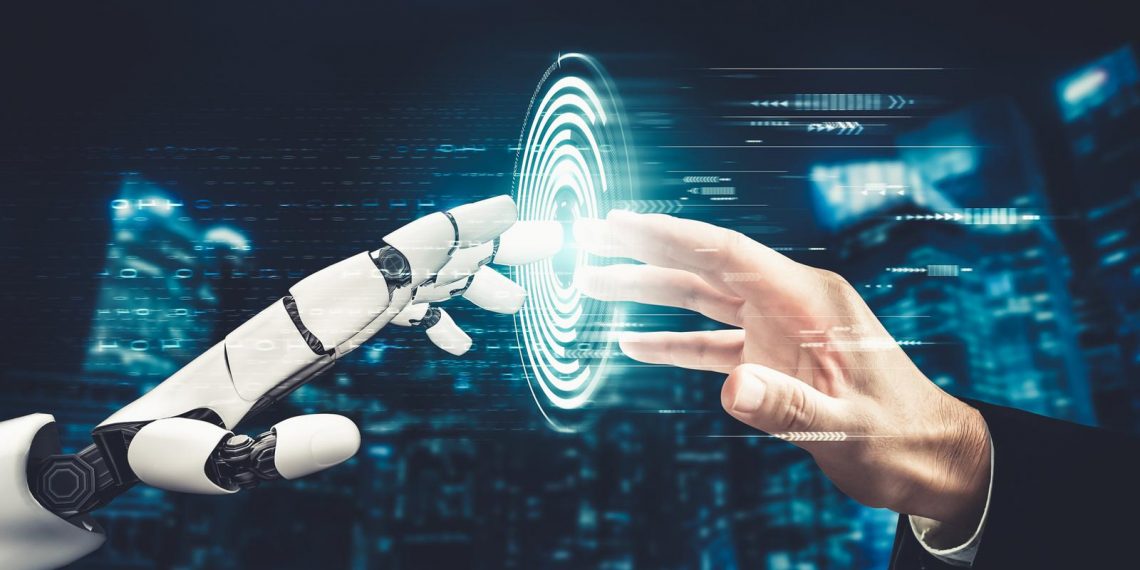The landscape of film production and storytelling is undergoing a revolutionary transformation with the advent of artificial intelligence (AI). AI-generated scripts and virtual actors are not just science fiction concepts; they are becoming integral to the entertainment industry, reshaping how narratives are crafted and visualised. This new wave of technology promises to enhance creativity while also raising important questions about the future of human artists in the industry.
AI in Scriptwriting
AI’s role in scriptwriting is growing increasingly sophisticated. Using advanced algorithms, AI can analyse vast amounts of data from existing film scripts to learn narrative structures, genre-specific dialogues, and character development patterns. This enables AI to generate content from basic story outlines to detailed script scenes with dialogue. Tools like OpenAI’s GPT models have shown capabilities in developing coherent and contextually relevant text, which can serve as a draft for scriptwriters to refine and enhance.
The use of AI in scriptwriting helps streamline the creative process, allowing writers to experiment with multiple story arcs and dialogue options quickly. It also allows creating more personalised content that can adapt to audience preferences gathered through data analytics, potentially increasing viewer engagement and satisfaction.
Virtual Actors: The New Stars on Screen
Virtual actors represent one of the most intriguing developments in AI technology. These digital personas are created using computer graphics and machine learning to perform tasks traditionally handled by human actors. Virtual actors can be tailored to fit any role without physical limitations or availability constraints. They are particularly useful in scenarios that require extensive special effects or in animated features.
The technology behind virtual actors involves motion capture and facial recognition technologies, which are then processed through AI to produce lifelike animations. Various companies have been pioneering in this field, creating virtual beings that can convincingly express a wide range of human emotions and actions.
Implications for Storytelling and Film Production
The integration of AI-generated scripts and virtual actors into film production has significant implications. For one, it could lead to more cost-effective production processes as AI can help reduce the time and labour involved in both writing and shooting scenes. Moreover, virtual actors pose no risk of physical harm, which can be particularly beneficial for action-packed or dangerous scenes.
However, the rise of AI in filmmaking also brings about a set of challenges and ethical considerations. The authenticity of human expression might be questioned if delivered by AI. Furthermore, the role of human actors and scriptwriters could be diminished, potentially leading to job losses and impacting the creative value that human experiences bring to storytelling.
Creative Considerations
The advancements in AI technology offer promising avenues for enhancing film production and storytelling, particularly through tools that enhance the realism and appeal of digital content. The creative industries can harness technologies like AI deepnude in positive ways, such as improving the realism of virtual characters in non-intrusive contexts, which can be crucial for historical documentaries or educational content. By using these tools judiciously, filmmakers can create richer, more immersive experiences that remain sensitive to ethical considerations.
The development of industry-wide standards and ethical guidelines is crucial to govern the use of such powerful AI tools. This requires a collaborative effort among technologists, creators, and regulatory bodies to ensure that AI technologies are used to augment the storytelling process without compromising ethical standards. By fostering a dialogue on the responsible use of AI, the film industry can leverage these technologies to enhance creative expression while maintaining trust and integrity.
Looking Ahead
As AI continues to evolve, its integration into filmmaking and storytelling will likely deepen, offering new tools and opportunities for creativity. The future of this integration holds tremendous potential for creating narratives that are more dynamic, diverse, and engaging. However, balancing technological advancement with ethical considerations and the irreplaceable value of human creativity will be crucial for the sustainable growth of AI in entertainment.
The rise of AI-generated content, from scripts to virtual actors, marks a new era in film production. As the industry navigates these changes, the focus must remain on harnessing AI’s potential responsibly and innovatively, ensuring that storytelling continues to captivate and resonate with audiences worldwide.







